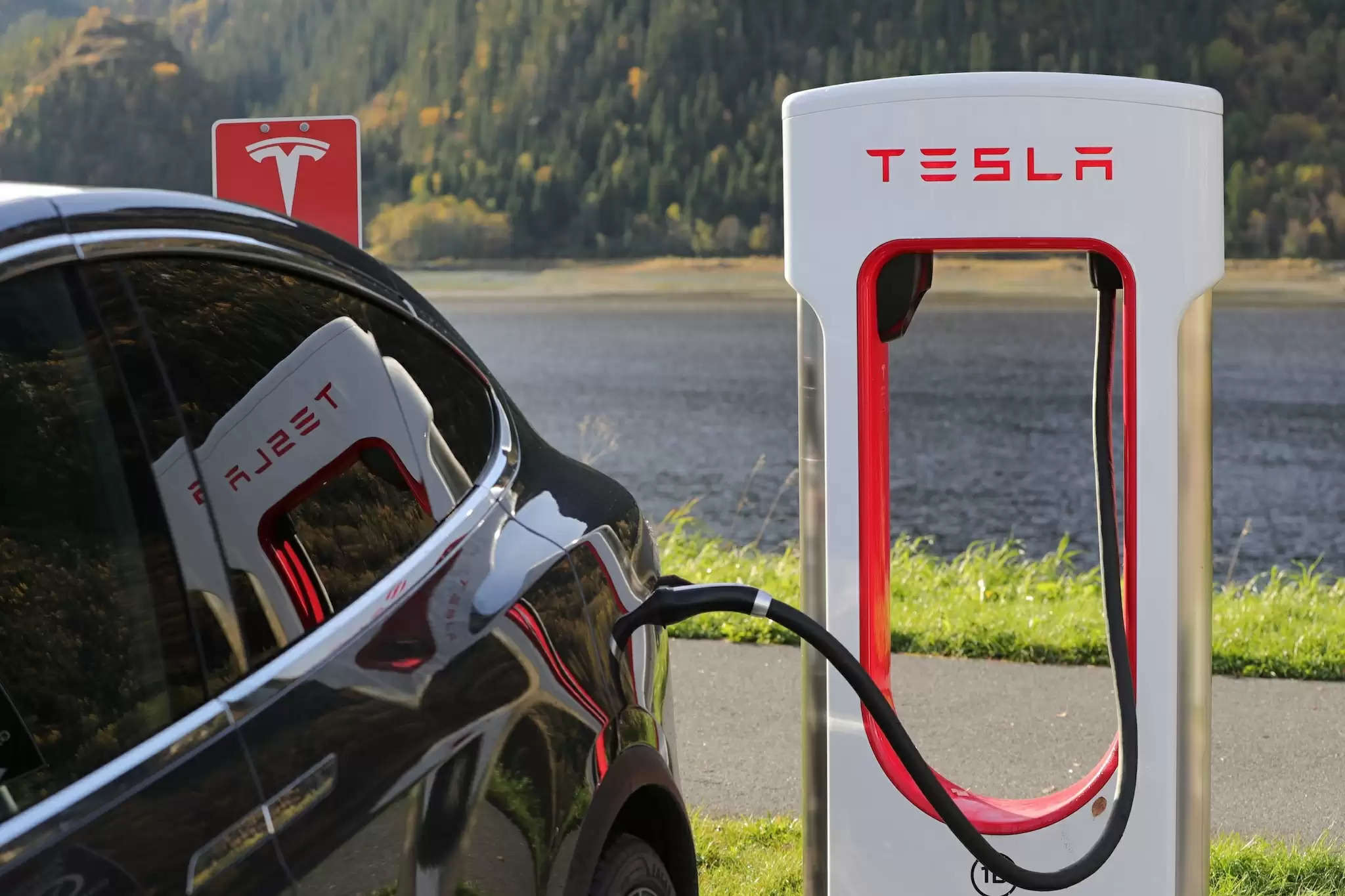Tesla versus BYD: The EV Battle

Within the dynamic world of electric vehicles (EVs), two powerhouses have been locked in a fierce battle that has always sought to attract car lovers from all over. Though Tesla has held the uncontested top spot in the e-mobility space, a new entrant from China – BYD – has stepped up to challenge it with its delivery figures for the fourth quarter of 2023 exceeding those of Tesla itself.
In the fourth quarter of 2023, Tesla—the ultimate symbol of innovation and market supremacy—shipped out an astonishing number: 484,507 units.
But unexpectedly, BYD, based in Shenzen, took the lead by selling 526,409 vehicles during this standard period. This was a turning point as BYD not only surpassed the number set by Tesla but also reflected its capacity to produce more vehicles in that quarter.
The intrigue that accompanies this competition is based on the fact that BYD not only produces hybrids but also full electric models, a category in which Tesla has no interest. This wider product portfolio, however, is reflected in the sales of BYD’s pure-electric models, which contributed an additional 400,000 units to their total sales in the final quarter of 2023.
BYD vs. Tesla: A Clash of Titans in the EV Realm
Elon Musk, the world's richest man, has elevated Tesla to a global cult status, with unprecedented turnover proceeds. Although Tesla mostly conducts business in just a few major markets including China, the US, and certain segments of Western Europe, it has nevertheless grown faster than any other international auto manufacturer.
On the other hand, BYD has become a major player in the Chinese EV scene, expanding its footprint into European markets. Originally established in 1995 as a battery-manufacturing company, BYD transitioned to car manufacturing in 2023.
The pivotal decision to focus exclusively on fully electric and hybrid models, initiated in March 2022, allowed BYD to channel its resources and efforts into the burgeoning new-energy vehicle sector.
Industry experts point out that while operating mainly in China and a few European markets, BYD boasts significant growth due to governmental support in its native country as well as sharply growing demand. If BYD enters the US market—a venture currently hindered by high import costs—it could pose a significant threat to Tesla's dominance.
The Evolution of BYD: From Laughter to Leadership
Interestingly, the situation has changed drastically since 2011 when Elon Musk scorned BYD in a public interview with Bloomberg, openly dismissing it. In 2019, when Tesla opened its plant in China, Musk recognized how Chinese brands could overthrow his supremacy and without naming the companies, he admitted their ability to dethrone him.
The strategic shift of BYD towards electric and hybrid models has proved to be fruitful as it overshadows the deliveries by Tesla in the fourth quarter of 2023. While Musk's dismissal of BYD in 2011 may have seemed appropriate at the time, the company has since emerged as a formidable competitor in the global EV market.
The Current State and Future Prospects
While BYD should be praised for its recent victory, Tesla still remains the king of deliveries, with numbers from the fourth quarter of 2023 reaching a personal best indicating an increase of 11% compared to Q4.
In 2023, Tesla produced and delivered approximately 1.8 million units globally, marking an increase of approximately 38% compared to the previous year. In contrast, BYD shipped 1.6 million units in the same period.
The question of how long Tesla can maintain its crown in the face of BYD's rapid ascent remains uncertain. As both companies continue to push the boundaries of innovation and market expansion, the global electric vehicle landscape is poised for further excitement and fierce competition.
Only time will tell whether Tesla can maintain its dominance or if BYD will emerge as the new leader in the EV revolution.
.jpg)
